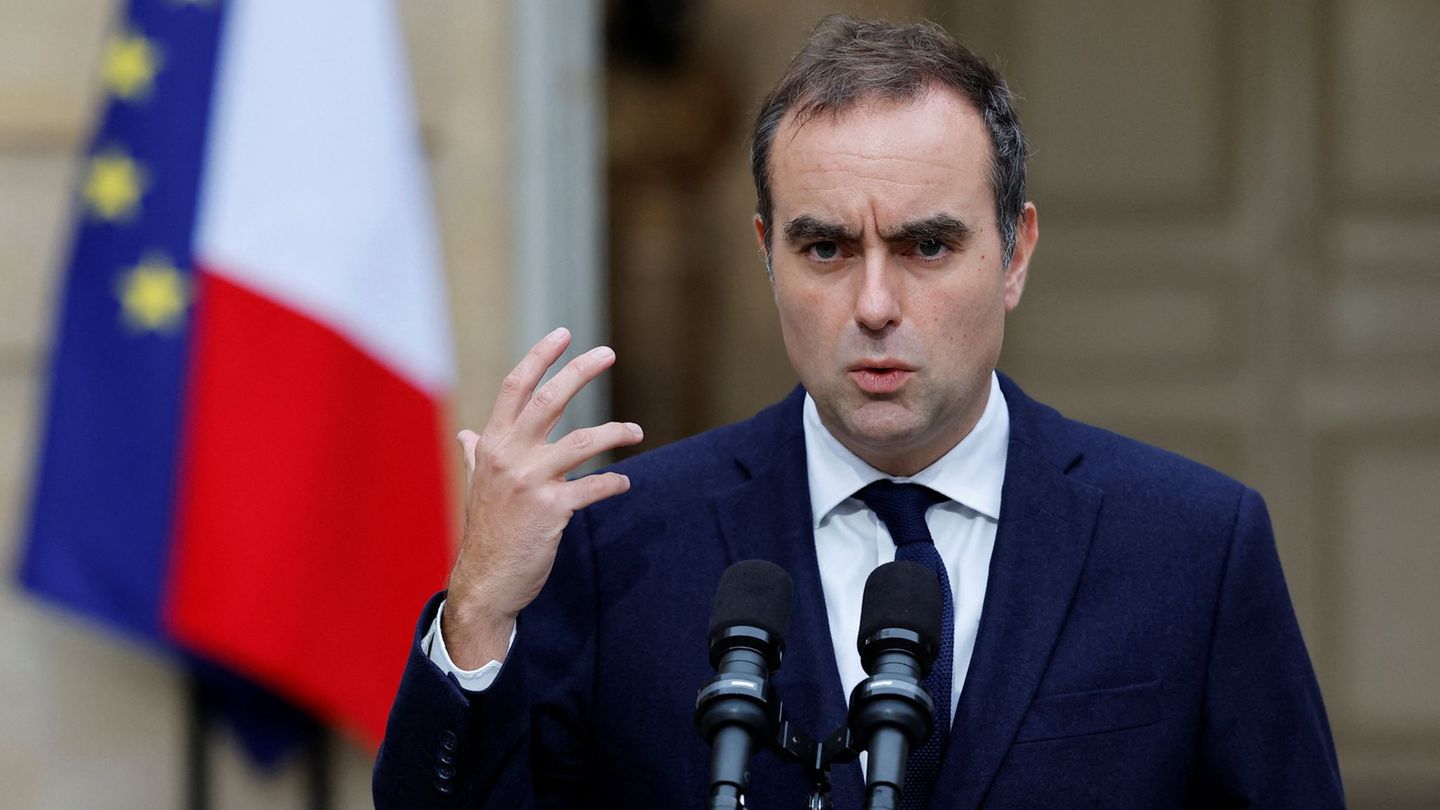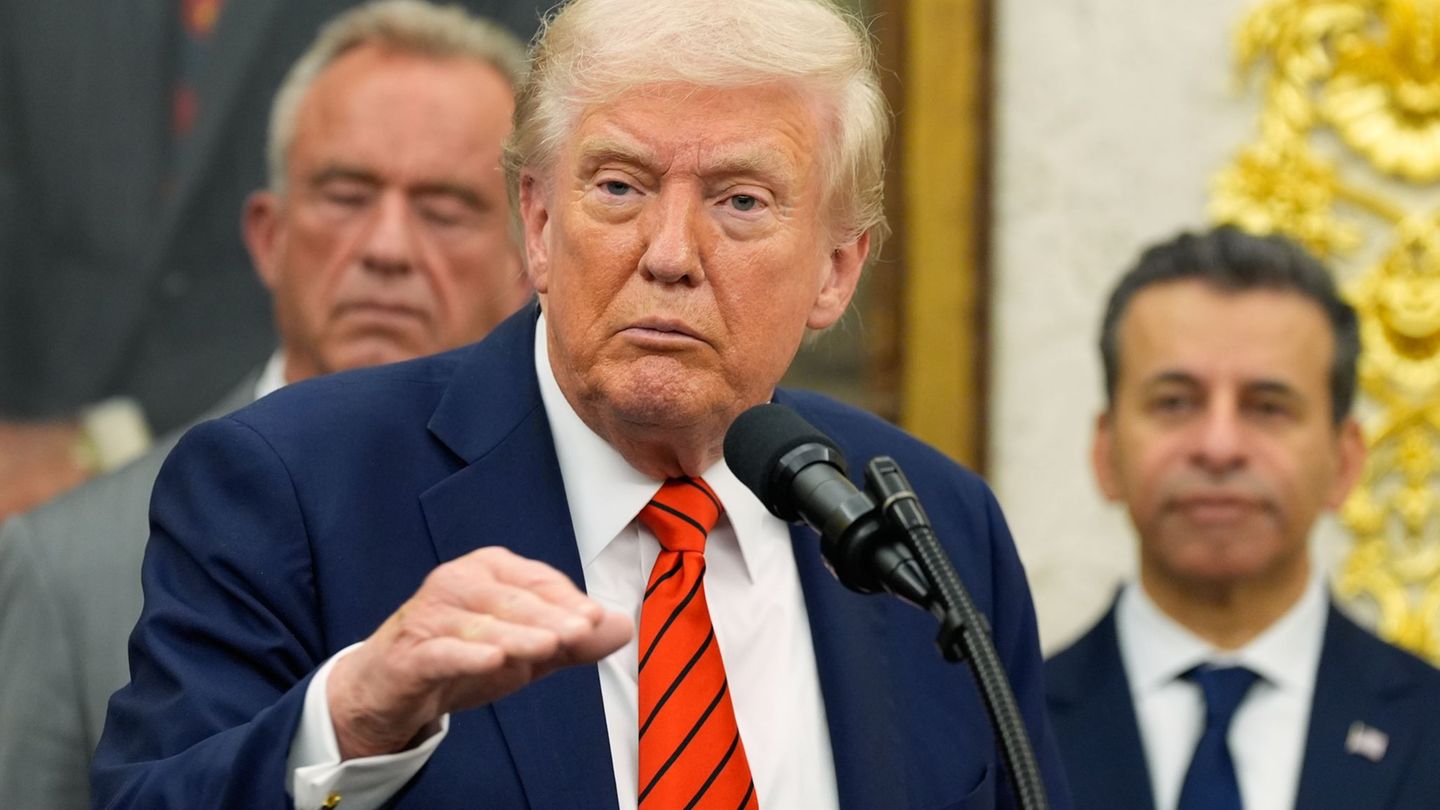I have been working in the news industry for over 6 years, first as a reporter and now as an editor. I have covered politics extensively, and my work has appeared in major newspapers and online news outlets around the world. In addition to my writing, I also contribute regularly to 24 Hours World.
Menu
Federal and local authorities: Tariff poker starts – public services facing warning strikes
Categories
Most Read
The situation at a glance: Trump wants to give a speech to the Israeli parliament
October 11, 2025
No Comments
Award: Trump: Nobel Peace Prize winner called me
October 11, 2025
No Comments
Gaza conflict: Trump announces speech to Israeli parliament
October 10, 2025
No Comments
Citizens’ benefit reform: Fahimi warns against a “completely wrong focus” on social cuts
October 10, 2025
No Comments
Government crisis: Macron reappoints Lecornu as prime minister
October 10, 2025
No Comments
Latest Posts

Government crisis in France: Macron and his prime minister face a Herculean task
October 11, 2025
No Comments
IvanI have been working in the news industry for over 6 years, first as a reporter and now as an editor. I have covered politics

The situation at a glance: Trump wants to give a speech to the Israeli parliament
October 11, 2025
No Comments
IvanI have been working in the news industry for over 6 years, first as a reporter and now as an editor. I have covered politics

Donald Trump assured that María Corina Machado accepted the Nobel Peace Prize in her honor
October 11, 2025
No Comments
During a press conference in Washington, the president said that the Venezuelan opposition leader “called him personally” to tell him the news. “Told me: ‘I
24 Hours Worlds is a comprehensive source of instant world current affairs, offering up-to-the-minute coverage of breaking news and events from around the globe. With a team of experienced journalists and experts on hand 24/7.

